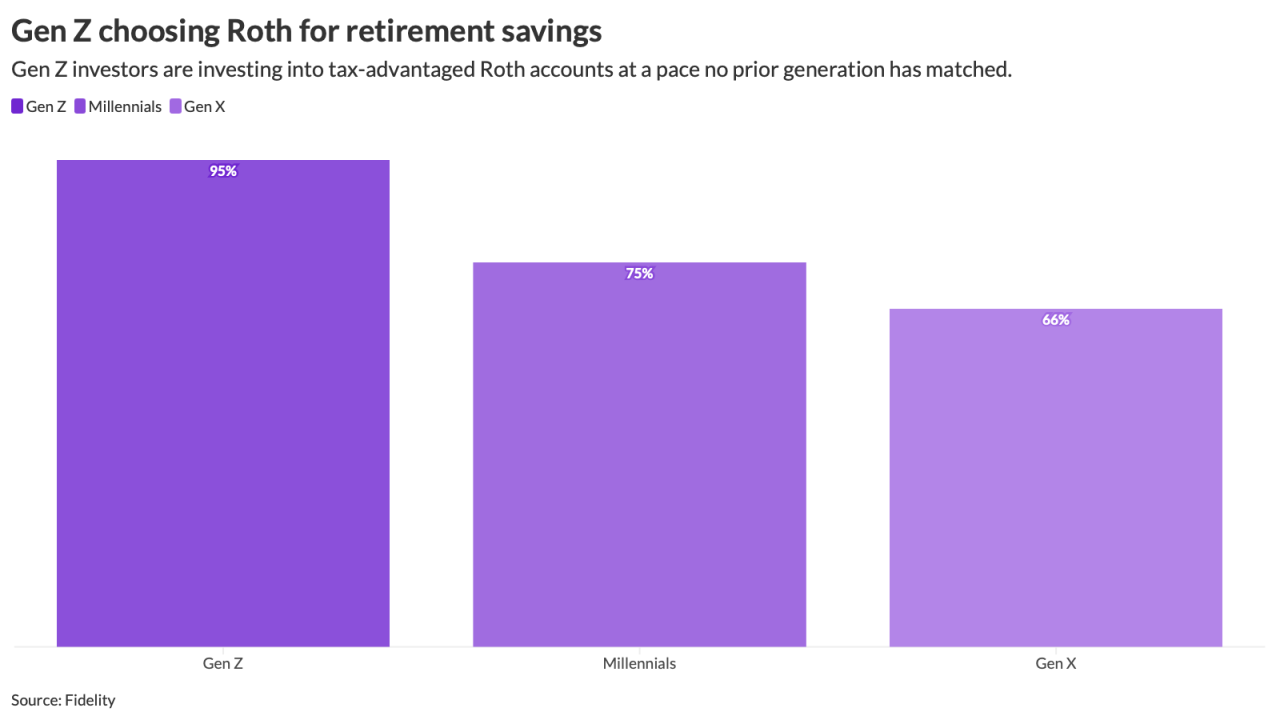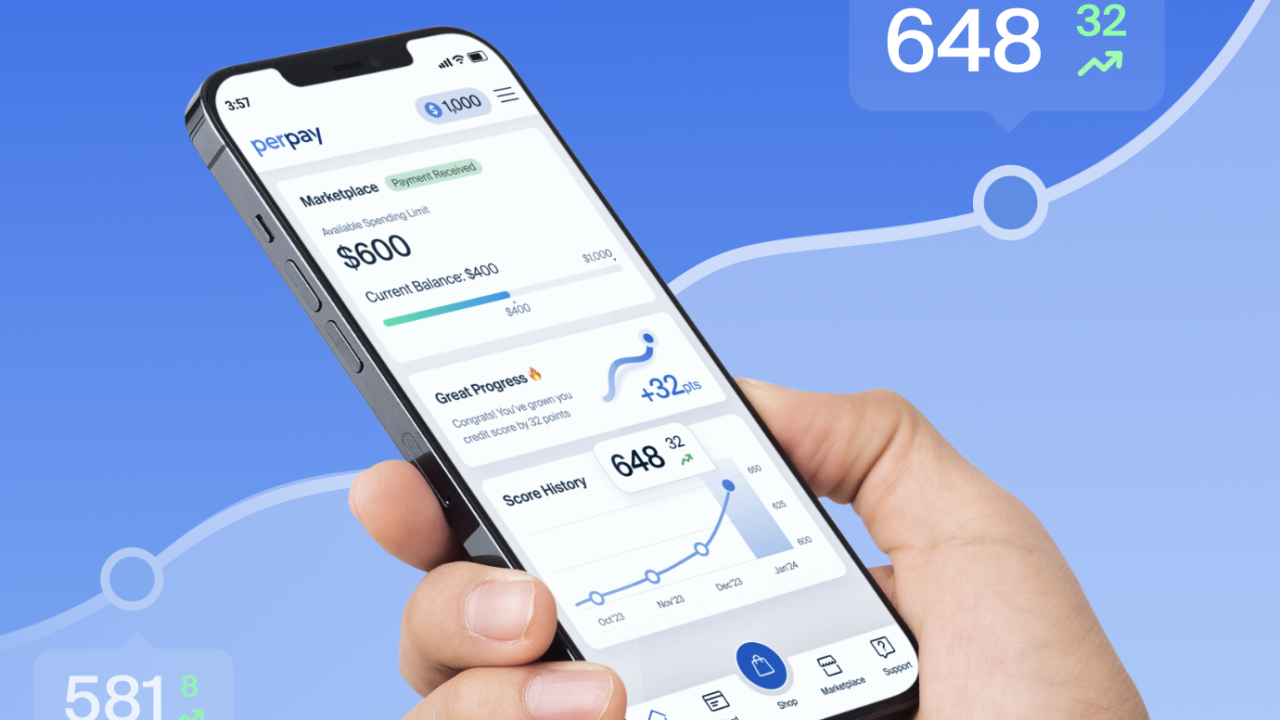Work-life balance benefits designed to keep both parents involved with their families are massively popular and appreciated by employees. Yet because of concern over how it will impact them professionally, many dads don't feel comfortable using them.
In a recent study by educational support service Bright Horizons, 44% of working dads said that utilizing employer options aimed at giving parents more flexibility could negatively affect
"The good news is that more and more male caregivers are stepping up to say, 'We would like this,' and the younger they get, the more it is prevalent," says Priya Krishnan, chief digital and transformation officer at Bright Horizons. "Societally, this has not been the norm because the workplace is still patriarchal in its structure."
Read more:
Though men working in companies of more than 50 people have access to 12 weeks unpaid
Yet a Zippia survey found that 90% of men said taking paternity leave improved their relationship with their spousal partner. Additionally, fathers who take paternity leave report stronger bonds and emotional connections with their children, according to the American Civil Liberties Union.
As more organizations advertise a "family-first" culture, it would seem the father's role of caretaker is being more widely embraced. However, the fact remains that employers value facetime, and men especially feel that if they don't show up, they will miss out. If a working dad's professional role can be done just as well on a hybrid or remote schedule, how can employers help break the stigma surrounding the expectation to always be in-office? Setting personal examples and having clear communication is a great place to start, says Krishnan.
"When you've got management that models this, that's probably the most important step because it makes it okay for everyone else," she says. "When you prioritize work from 6:00 a.m. to 6:00 p.m., there's an implicit assumption that's what you're expecting people to do. But my life circumstances might be different; this might not be something I expect from people with families, but if I'm not explicit about it, it won't be understood."
Read more:
Instead of focusing on why dads need to be in the office, employers can also evaluate why it might not be necessary. Encouraging a hybrid work schedule when appropriate can offer the best of both personal and professional worlds, and benefits a business's bottom line. Employer focus on these elements of
"In our business, if you have happy children, you have happy parents, and happy parents are happy employees," Krishnan says. "If we're a two-person working household, the load has to be borne by both people, otherwise it's going to burn one or the other out."
Read more:
Whether dads are in-person, remote, or hybrid, Krishnan encourages employers to build support for working dads into their culture by establishing employee resource groups and communication avenues tailored to working parents, and dads in particular. She also recommends making sure that language used around benefits such as parental leave is equitable, noting that consistent messaging can help break stereotypes within an organization. Lastly, she urges companies to make the most of technology and its ability to help keep workers connected to teams and leadership from anywhere they may be.
"Create a safe space for employees to speak up and say what their needs are — it could be your manager, your HR partner, a friend within the organization," she says. "Psychological safety cannot be created through surveys. It has to be done in one-on-one settings, group meetings, as well as in the tone and tenor that the organization is providing to employees. People say, 'Here's a company that cares deeply about my needs, and I want to work for an employer like that.'"






